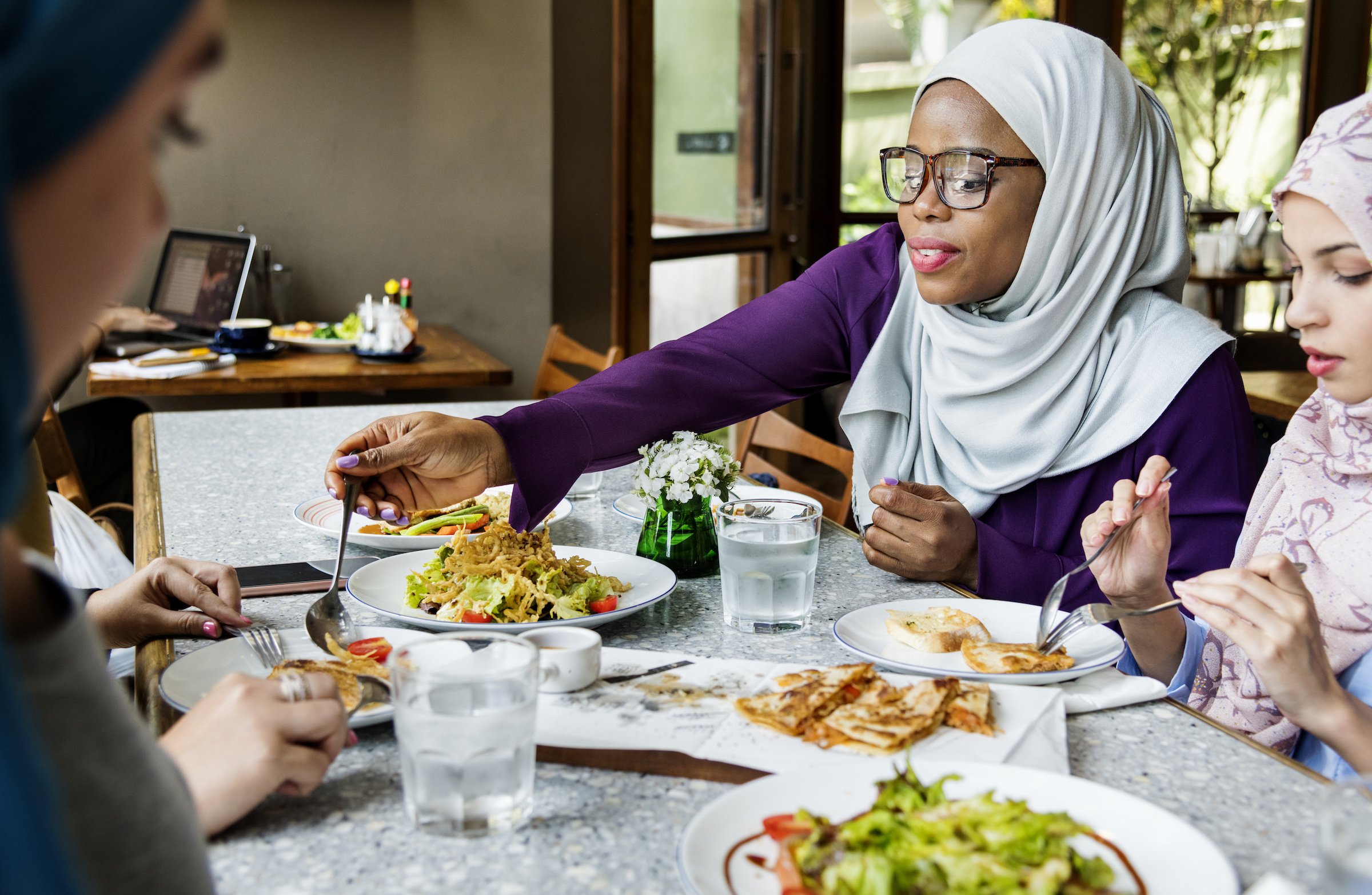Ramadan: Guide to healthy portion sizes

The best way to break a fast is to continue eating normally. If you eat an unusually large meal after your fast day, you may end up feeling tired and bloated. PHOTO | SHUTTERSTOCK
What you need to know:
- As Muslims change their lifestyle and habits during the fasting month of Ramadan, experts advise careful management of eating patterns to avoid fatigue.
Ramadan is the ninth month in the Islamic calendar and it is when Muslims observe a fast from sunrise to sunset. One of the components of this fast is that food is only eaten after sunset (iftar) and before sunrise (suhoor or daku). These meals are eaten as a family or community. However, are the portions eaten healthy?
Imam Ahmed Yusuf Kyeyune says the fast is ended with Maghreb prayers and iftar is served. “Right before prayers, some Muslims will eat something. Like our Prophet, it is advisable that one eats dates as they are easily digested, making them a quick source of energy and nutrients. These can be followed by water since keeping hydrated is crucial for one’s health and well-being,” he says.
Dr Swaleh Kiswiriri, a general physician, further explains that when fasting, one’s body is low on energy as there is less food to turn into calories (energy). The same happens to one’s body cells as they get weaker and reduce in performance owing to a decrease in glucose. This means food will not be broken down fast and, therefore, the right foods should be eaten to jumpstart the process.
“Therefore, taking water first is important. However, if you get discomfort after taking water on an empty stomach, then take a drink with natural sugars or a fruit such as dates, pawpaw, and jackfruit. It is not right to take beverages with processed sugars such as soda because these sugars, unlike natural ones do not easily get absorbed by the cells as they require breaking down. This is a lot of work for glucose-deprived cells,” Dr Kiswiriri says.
Semi-solid foods
Dr Kiswiriri adds that during fasting, your intestines shrink. So, when breaking the fast, taking something semi-solid, such as porridge will enable them regain shape. “Eating only hard foods such as chapati or cassava might lead to intestinal obstruction, which could be fatal,” he adds.
Normal portions
With the cells energised and intestines in shape, one can move on to the other foods. Dr Kiswiriri says there is no need to eat so much since the body does not need all this food. He adds that it is the reason Taraweeh prayers are done right after iftar. “These allow the body to move in various positions enabling faster digestion as they allow the body to rest and relax,” he says.
Imam Kyeyune observes that while a fast is meant to institute a reduction in the amount of food one eats, it is sad that some eat more than their normal portions.
“The portions one takes at both iftar and suhoor/daku should equate to one meal. Daku should be as light as the meal before Maghreb. “That way, one will not feel sleepy or doze throughout the day,” he says.
Dr Kiswiriri says one ought to be calculative as they eat. For example, while taking porridge, posho and maize loads you with lots of carbohydrates and could lead to constipation, water and fruits such as bananas, pawpaw and watermelon will ease digestion. He adds that Suhoor should be light as the body knows what it needs.
Focus
Your meals should be light and packed with proteins, fibre, and complex carbs. During hot weather, eat more hydrating foods, especially fruits and vegetables.
Even while one can continue eating and drinking throughout the night until the next day’s suhoor, Imam Kyeyune and Dr Kiswiriri urge Muslims to be disciplined.
Healthy suggestions
● Drink plenty of fluids between iftar and suhoor to prevent dehydration and reduce thirst. The most important fluid during Ramadan is water, since it has no calories and helps in replenishing your thirst. Make sure you drink at least eight to nine glasses of water.
● Avoid or limit coffee and tea since they are diuretic (fluid lost through urination), and gets you dehydrated, especially at suhoor.
● Avoid sweetened juices. Instead have fresh juices, but in moderation.
● Increase the consumption of fruits and vegetables since they are rich in water and fibre, and stay in the intestine for a long time and reduce thirst.
● Avoid eating fried, fatty, and sugary food since they increase thirst, and are very high in calories and fat. They make you crave for more food, as well as cause weight gain. Try having fruits instead of sweets, and prefer grilling, boiling or baking foods instead of frying or deep frying.
● Avoid skipping suhoor since it balances blood glucose levels during fasting. Missing it also means you will be hungry during the day.
● Start your iftar with dates to replenish blood sugar levels.





